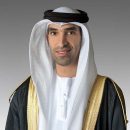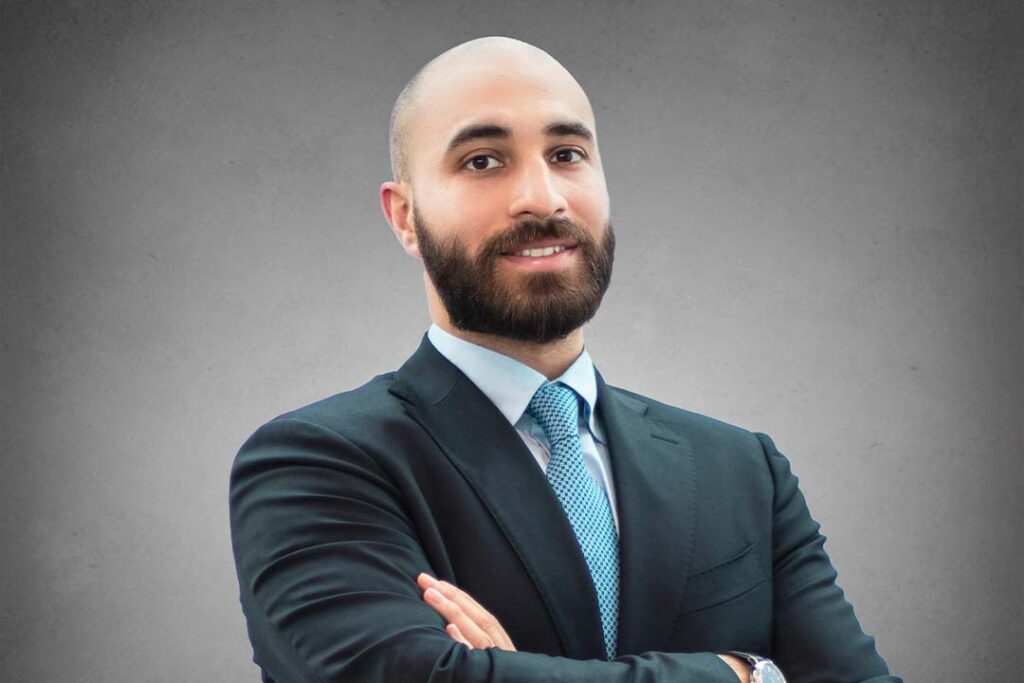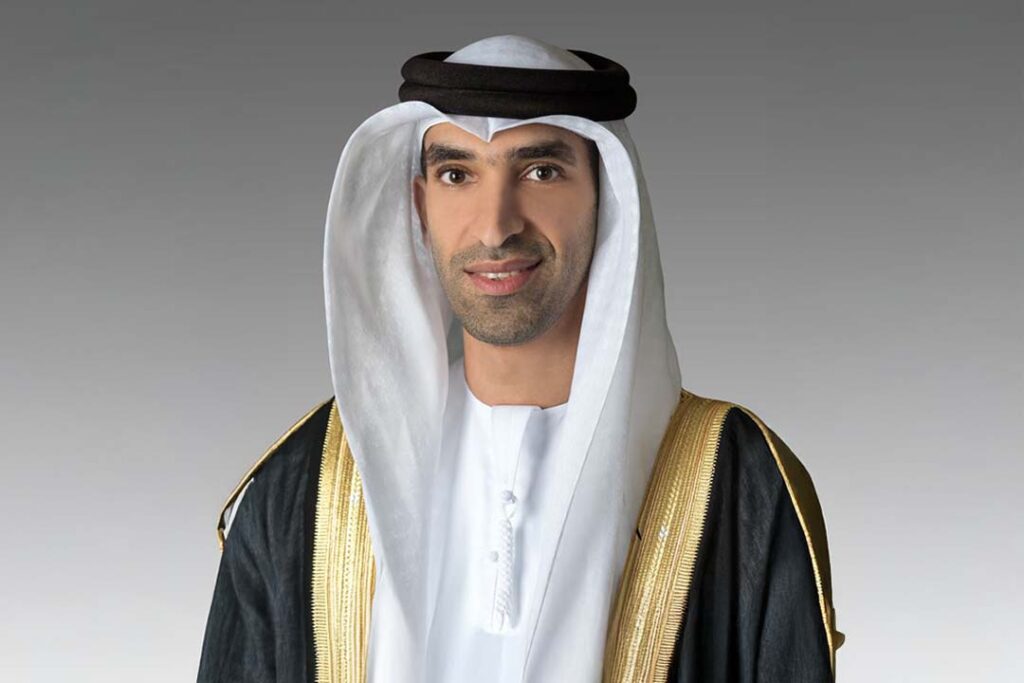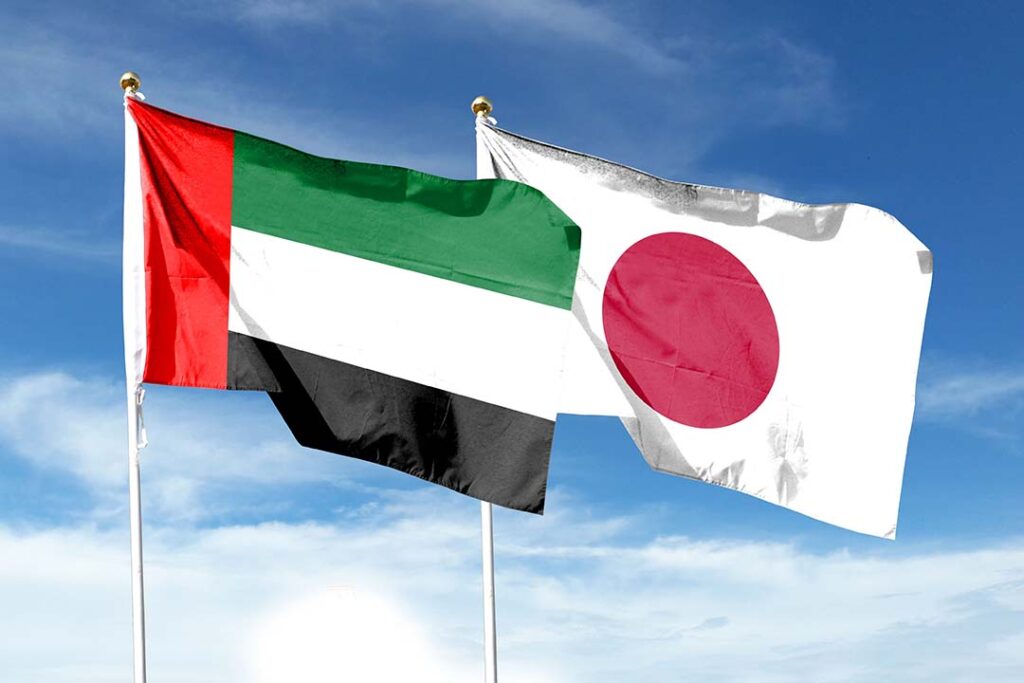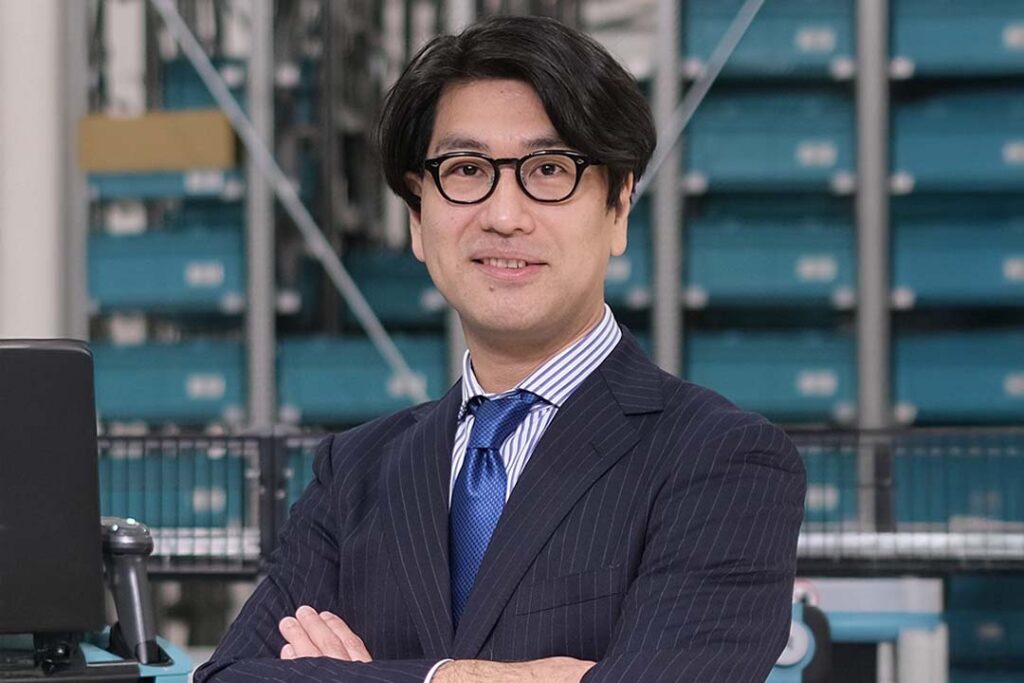Held at the Ascott Bonifacio Global City on May 22, PHILHOST 2025: Pursuing Sustainability proved to be more than just another event in the hospitality calendar. Organized by TAJARA Hospitality Group, the full-day forum was a powerful convergence of hospitality leaders, sustainability experts, designers, government officials, students, and emerging leaders, all united by a shared commitment to shape a more sustainable future for Philippine tourism and hospitality.
Now in its fourth year, PHILHOST has become instrumental not only in pushing the sustainability agenda but also in providing a much-needed space for open dialogue. It brought together a wide array of stakeholders to reflect on what’s really happening on the ground, and more importantly, to ask: what should we do about it?
A Thoughtfully Curated Ecosystem
What made PHILHOST 2025 remarkable was the thoughtful design of its program. TAJARA’s approach encompassed all levels of sustainability. Whether you were a CEO navigating ESG policies or a student developing green innovations for tomorrow, the event provided space and structure for meaningful participation.
From sessions that delved into global design standards to grassroots-level challenges in recycling and waste management, the day’s workshops were diverse yet interconnected. It was a program built not only to inform but to inspire action.
A Full Spectrum of Sustainability in Action
What set PHILHOST 2025 apart was its holistic program as it was thoughtfully curated to engage every layer of the hospitality ecosystem. From large corporations sharing long-term decarbonization goals, to emerging leaders and students presenting fresh solutions, the event offered a 360-degree view of sustainability.
The morning workshops ranged from rethinking waste and consumption in the Circular Economy session, to design innovations, operational efficiency, and tourism’s broader economic implications. It was here that Meralco laid out its three-horizon approach to decarbonization, a bold roadmap to become coal-free by 2050. SMHCC underscored how circular economy principles are now embedded in their core business strategy, while Johnny Gao of ASCOTT Ltd. reaffirmed the importance of green certifications in achieving net-zero emissions by 2050.
PHILHOST 2025 was a living, breathing example of what happens when an industry commits to action—not in silos, but together.
On the other end of the spectrum, Discovery Hospitality shared unique efforts like coral and oyster farming, showing how sustainability can thrive beyond compliance. As Lynette Ermac aptly put it, “Go beyond compliance—build your work around it.” These diverse perspectives weren’t just informative, they reflected a real commitment to integrating sustainability into daily practice across all scales of the industry.
PHILHOST 2025 wasn’t all panels and policy talk. It was a day of building connections while forging sustainable practices. The WTTC’s “Hotel Sustainability Basics” session, for instance, gave attendees a practical framework to begin—or benchmark—their sustainability journeys. Meanwhile, workshops on design innovation and operational efficiency tackled often-overlooked areas where major improvements can be made.
Empowering the Next Generation
Another standout element of the day was how students and emerging leaders were placed at the heart of the conversation. The ENVision Case Competition, now in its third year, featured student teams presenting breakthrough ideas—from magnetic nanotech robots that extract microplastics to zero-waste hotel concepts. These weren’t side events—they were featured on the main stage, reminding everyone that innovation doesn’t always come from the top down.
The session on “Next Generation Leaders: Power of Sustainable Leadership” reinforced this, spotlighting young professionals integrating sustainability into diverse fields—from architecture to finance to leisure development.
“Cebu gave me a lot, so I want to give back,” shared Carlo Cordero, founder and creative lifestyle director of the Asmara Group. His reflection underscores the importance of giving back to the community, a principle that transcends generations. Cordero’s dedication to supporting local culture and environment through his projects is a testament to the long-term vision needed in sustainability efforts, illustrating how leaders play a key role in nurturing sustainable practices that benefit future generations.
A Collective Commitment
The day concluded with sessions on communicating sustainability and a compelling panel titled “Luxury Without Compromise,” proving that even the high-end sector is finding ways to harmonize opulence with responsibility. Each session, speaker, and discussion echoed the same conclusion: the sustainability journey isn’t linear, but collective efforts, like those seen at PHILHOST—make all the difference.
Isabel Miaja emphasized the importance of truly understanding the people and environment you work with. This philosophy is evident throughout Miaja’s design approach and her work, seen in projects like the W Maldives, Club Med Sahoro in Hokkaido, Melia Desert Palm Dubai, and So Sofitel in Singapore, highlights that true sustainability goes beyond environmental impact. It’s about understanding and respecting the cultures and communities that these designs serve.
TAJARA’s seamless execution, combined with a dynamic roster of programs, created more than an event. PHILHOST 2025 was a living, breathing example of what happens when an industry commits to action—not in silos, but together. The conversations sparked and relationships forged that day will no doubt shape the sector’s next steps.
In a time when sustainability risks being reduced to buzzwords, PHILHOST reminded us of its human core. It reminded us that change starts with dialogue, grows through partnerships, and endures through shared vision.














